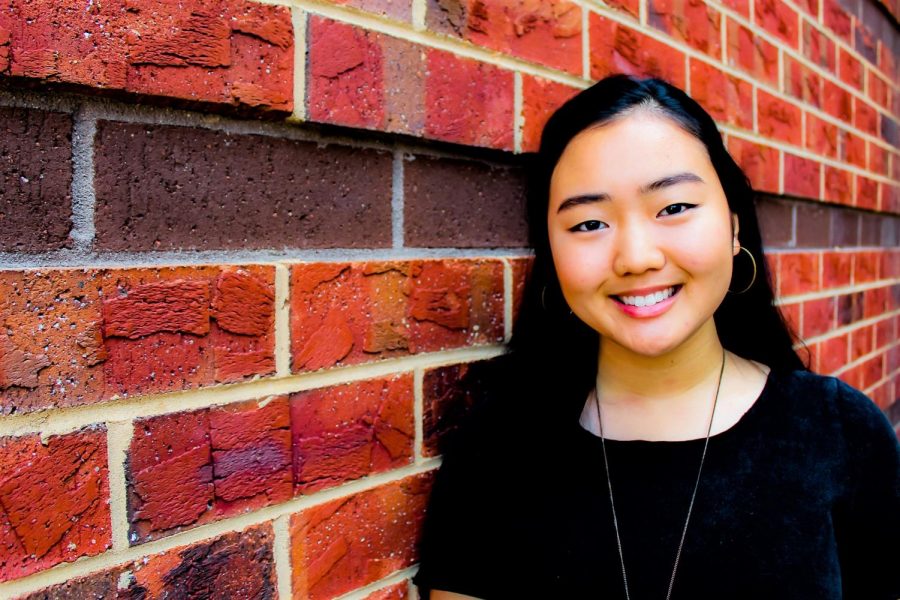The Student’s Standpoint
May 10, 2019
For most high school students, finals week is traditionally a stressful hellscape of frantic, caffeine-fueled study sessions. They have just a few weeks to cram a semester’s worth of information from six different classes into their heads.
Many Cambridge students, however, appear to be comparatively more relaxed than most as the often-dreaded final week of the semester quickly approaches.
This is due to the school’s unique final exemption policy, which allows students who have five or fewer absences and an average above a 70, or a grade above a 90 in the class if they have more than five absences, to opt out of taking certain final exams.
The policy, which was implemented in 2016, has been wholeheartedly embraced by the student body as a way to escape final exams.
“I think it’s pretty fair. If you have an A and you did your work in the class, then you get to exempt. And if you come to class and do the work, then you get to exempt,” said senior Alyssa Lombres.
One issue some students take with the policy, however, is its standards regarding what types of absences count towards exemptions.
As it stands, both excused and unexcused absences count towards exemptions, which means if a student misses school more than five times for any reason besides a school activity, it will be counted as an absence in that class.
In previous years, the policy was more stringent with only three absences being allowed and a 93 or above average required to exempt if a student had more than three absences.
It was changed for the 2017-2018 school year due to the high volume of students coming in sick because they wanted their exemptions.
So now the question begs: if the purpose of the change was to prevent students from coming in while sick, then why do excused absences, which are often the result of sickness, still count against final exemptions?
For students like junior Blaise Williams, who is diabetic and must miss school frequently for medical reasons, this can become highly disadvantageous.
Williams, who said he had at least 15 absences during the first semester, believes the policy should only count unexcused absences.
“If someone has a medical condition, you can’t fault them for that,” he said.
Students with chronic or persistent conditions, who have valid reasons to be out of school, often still do the work necessary for the classes they miss despite having to miss out on instruction.
“You had a reason to be out,” said Williams. “But you still do the work.”
This also applies to students who were sick or had to miss for personal reasons such as family.
Freshman Andrea Falcon, who sustained a severe injury to her arm and shoulder earlier in the year, had to be out of class many times. Despite her absences being medically excused, they still counted when being considered for finals.
“The doctor put me on bed rest, but I don’t get the exemptions because I was out,” said Falcon.
Despite this, though, the policy is undeniably popular amongst students, and for a very simple reason: they don’t want to take finals, which are often stressful and time-consuming to prepare for.
It is popular amongst administration for a very simple reason: it motivates students to attend class and work hard.
However, its one fundamental flaw, faulting students for their absences regardless of whether they were culpable for them, is where the policy ultimately falls short.
